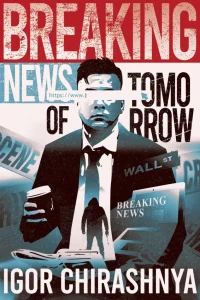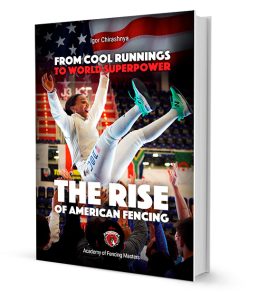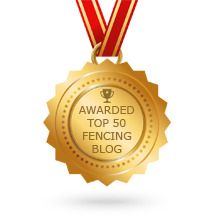For fencers, our equipment is a central figure in what we do. We talk about this all the time - our swords are an extension of who we are. For fourth-generation Leon Paul co-owner and Director Ben Paul, making top quality fencing equipment with compassion is clearly...









